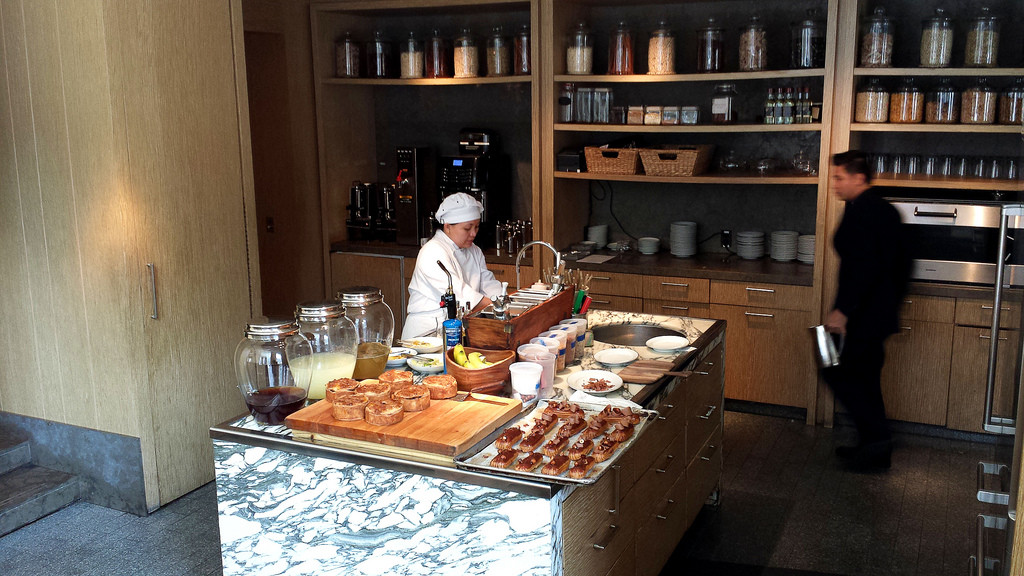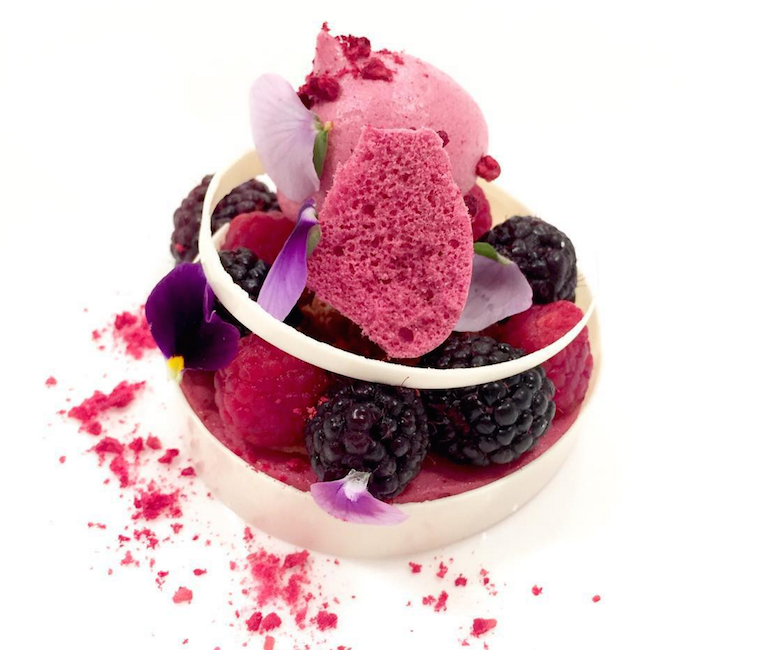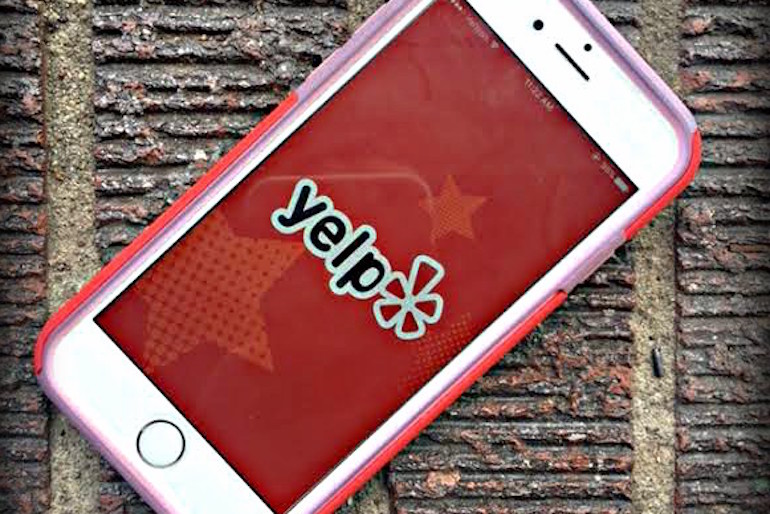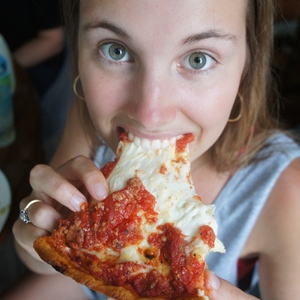On February 4th, Spoon University held an event in Boston with a panel of four prominent voices in the food industy. One of them, Jamie Bissonnette, is the chef and co-owner of both Coppa and Toro. He also received the 2014 James Beard award for Best Chef Northeast. In other words, he knows the world of the kitchen.
During the panel’s discussion, Bissonnette spoke passionately about the effects that modern-day food critics have on restaurants – not only on the chefs, but on the entire staff.

Photo by Victoria Romulo
With the invention of sites like Yelp, ordinary citizens with no prior experience in journalism, or any related field, can achieve unwarranted power over the food industry.
Not everyone thinks Yelp is evil. In fact, Bissonnette even called it a great tool that provides free publicity and customer feedback. Many diners consult Yelp when choosing where to dine out, so positive reviews bring in business.
There is a reason, however, for the stereotype that Yelpers are nit-picking elitists who over-analyze everything. From “The Best Terribly-Written Pretentious Yelp Reviews” of all time comes this gem:
“veal parmesan is as basic as it comes, but when it’s done well it’s as special as anything can be. that was the case here, a resplendently fat, juicy, tender cut of veal, a flavorful mozzarella and sauce, a little spice, it was heaven, the lost chord of veal parmesan, as silly as that sounds.”
Veal parmesan is definitely delicious, but can it be compared to a religious experience? Probably not.
Despite a reputation for ridiculousness, Bissonnette affirmed that these websites have an immediate impact on the restaurants, and not just in terms of publicity. “I’m a Yelp Elite,” proclaims a diner with all the importance of a full-fledged food critic. “If you don’t give me my meal for free, I’ll write a bad review about your restaurant.”

Photo by Alex Vu
Is it right to hold this kind of power over the restaurant’s head? The chef toils in the kitchen for hours, and then someone looking for a free meal refuses to recompense them for their hard work.
It isn’t just one or two people who suffer from this kind of treatment. Restaurants have to consider the welfare of their entire staff, including hosts, wait staff, and line cooks. If they don’t make enough money, the staff doesn’t get paid.
If the effects of sites like Yelp seem trivial, consider the pressure that big-time career critics have over chefs. This January, Pete Wells, a writer for The New York Times published a scathing review of Per Se, New York’s long-standing icon of fine dining.

Photo courtesy of @perseny on Instagram
The review ignited a frenzy of publicity online, most of which featured people happy to see such an expensive restaurant taken down a notch. If the food at a restaurant charging $295 (after gratuity before drinks, taxes, and add-ons) is truly no longer worthy of such an absurd price tag, the world wants to know. What isn’t usually talked about, however, is the impact that this kind of review can have on the kitchen.
Stress isn’t just for the celebrity TV chefs. Pressure on all food establishments can be enormous, from your local bodega to a 3-Michelin Star restaurant. Even if you reach three Michelin stars, the highest culinary ranking, pressure still exists to keep your restaurant fresh and exciting.
Some of this pressure is self-inflicted, but much comes from outside sources, such as food critics. The Michelin Guide isn’t the end-all be-all. Plenty of chefs are perfectly comfortable without any stars. In the words of Bissonnette, if he’s walking down the street and a stranger tells him that his hair looks dumb, he would say: “Fuck you.”

Photo by Amanda Savarese
If he keeps walking and 5 or 6 more people make a comment about his hair, however, he admitted that he would probably look in a mirror. Just like many other businesses in the creative arts, a precarious balance exists between individual taste and the desire to receive good feedback.
All of this is not to say that food criticism shouldn’t exist. As with any subject, a healthy dialogue and a variety of opinion open the field of cuisine to future innovation. But a good meal, and a healthy dialogue about that meal, shouldn’t put insane amounts of pressure on the people providing your food. Chefs should be able to love what they do because if they love what they’re making, you’ll probably love what you’re eating.


